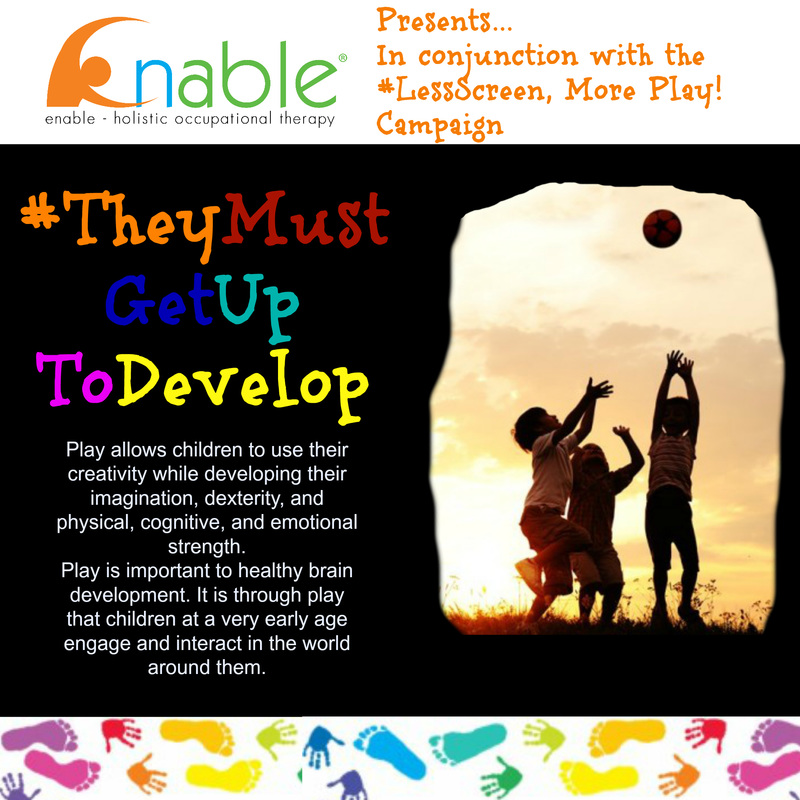

In an effort to extend recess times, it was reported and observed that some students on St. Maarten were not even receiving their time outside. So here I was trying to get more, and the little that was initially there, was being reduced. This is an outrage!
Play and recess are not privileges. They are rights! They are required!
They are required for children in order for there to be growth and development.
“Play is so important to optimal child development that it has been recognized by the United Nations High Commission for Human Rights as a right of every child.” (Office of the United Nations High Commissioner for Human Rights, 1989).
Play allows children to use their creativity while developing their imagination, dexterity, and physical, cognitive, and emotional strength. Play is important to healthy brain development. It is through play that children at a very early age engage and interact in the world around them. Play allows children to create and explore a world they can master, conquering their fears while practicing adult roles, sometimes in conjunction with other children or adult caregivers. As they master their world, play helps children develop new competencies that lead to enhanced confidence and the resiliency they will need to face future challenges. (Ginsburg, 2007)
Play is integral to the academic environment. It ensures that the school setting attends to the social and emotional development of children as well as their cognitive development. It has been shown to help children adjust to the school setting and even to enhance children’s learning readiness, learning behaviors, and problem-solving skills. Social-emotional learning is best integrated with academic learning; it is concerning if some of the forces that enhance children’s ability to learn are elevated at the expense of others. Play and unscheduled time that allow for peer interactions are important components of social-emotional learning. (Ginsburg, 2007)
During recess, learning can be achieved on the playground in a way that is not possible in a structured classroom. A position paper from the National Association for Sport and Physical Education states Recess provides children with discretionary time and opportunities to engage in physical activity that helps to develop healthy bodies and enjoyment of movement. It also allows elementary children to practice life skills such as conflict resolution, cooperation, respect for rules, taking turns, sharing, using language to communicate, and problem solving in situations that are real. Furthermore, it may facilitate improved attention and focus on learning in the academic program. (Council on Physical Education for Children, 2001)
The benefits of recess include: social, physical, cognitive, emotional, and even teacher benefits; yes, teachers!
Although it may take teachers a few minutes to get their class calmed down after recess, many observers believe that students pay better attention to lessons and disruptive behavior decreases after the recess break. Therefore, some teachers consider recess to be an important element of classroom management (Bogden & Vega-Matos, 2000). Recess also often gives teachers a break from the constant supervision of students. (Sindelar, 2002).
There is enough evidence suggesting that play and recess are essential to the growth and development of children. Need anymore truth? Look to yourselves! I grew up playing, you grew up playing. There were a lot less screens in our faces and play was spent outside. Now consider the children today, in front of the screens. This has resulted in poor fine motor skills, poor cognition, poor socio-emotional skills, rise in obesity of children and adolescents, etc.
Therefore, with all of that said, why is there a movement to reduce or eliminate recess? Why are children spending their recesses inside of the classroom?
This movement needs to come to an abrupt stop! It is not beneficial to the teachers and most importantly the children.
If you or your staff would like more information on that subject, feel free to contact the occupational therapist at Enable.
#TheyMustGetUpToDevelop
#LessScreenMorePlay!
References
– Bogden, J. F., & Vega-Matos, C. A. (2000). Fit, healthy, and ready to learn: A school health policy guide. Part I: Physical activity, healthy eating, and tobacco-use prevention. Alexandria, VA; National Association of State Boards of Education.
– Council on Physical Education for Children. (2001). Recess in elementary schools: A position paper from the National Association for Sport and Physical Education [Online], Available: http://www.aahperd.org/naspe/pdf_files/pos_papers/current_res.pdf.
– Ginsburg, K. R. (2007). The Importance of Play in Promoting Healthy Child Development and Maintaining Strong Parent-Child Bonds. Pediatrics. Volume 119, Issue 1.
– Office of the United Nations High Commissioner for Human Rights, 1989). Convention on the Rights of the Child. General Assembly Resolution 44/25 of 20 November 1989.)
– Sindelar, R. (2002). Recess: Is It Needed in the 21st Century? Clearinghouse on Early Education and Parenting.